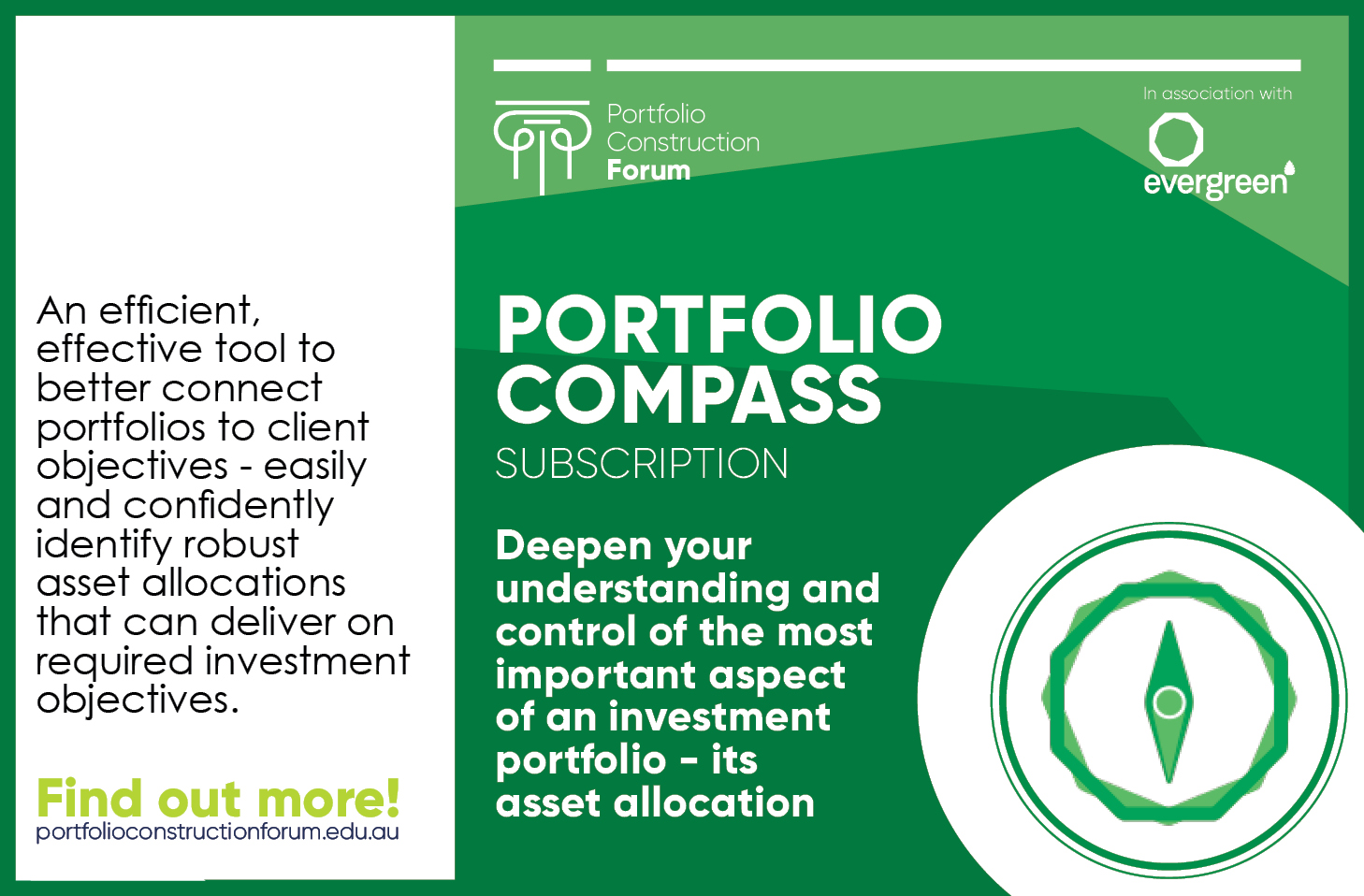Is capitalism really the cause of global inequality?
Kenneth Rogoff | Harvard University | 29 October 2024
In 2014, the French economist Thomas Piketty’s Capital in the Twenty-First Century became an international sensation, reshaping the inequality debate and launching its author into superstardom. Piketty was right to point out that the political case for income redistribution is almost entirely focused on domestic concerns. But his central argument – that capitalism inevitably leads to growing inequality – falls apart when comparing the situation of impoverished farmers in Vietnam with the relative comfort of middle-class French citizens.
In reality, the trade-driven rise of ...







